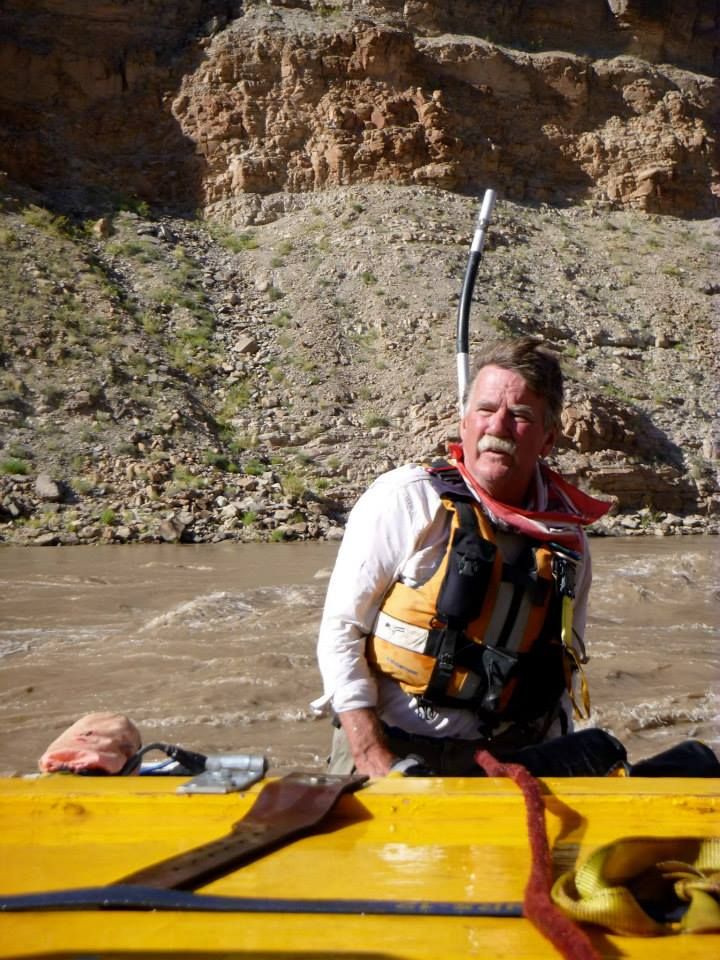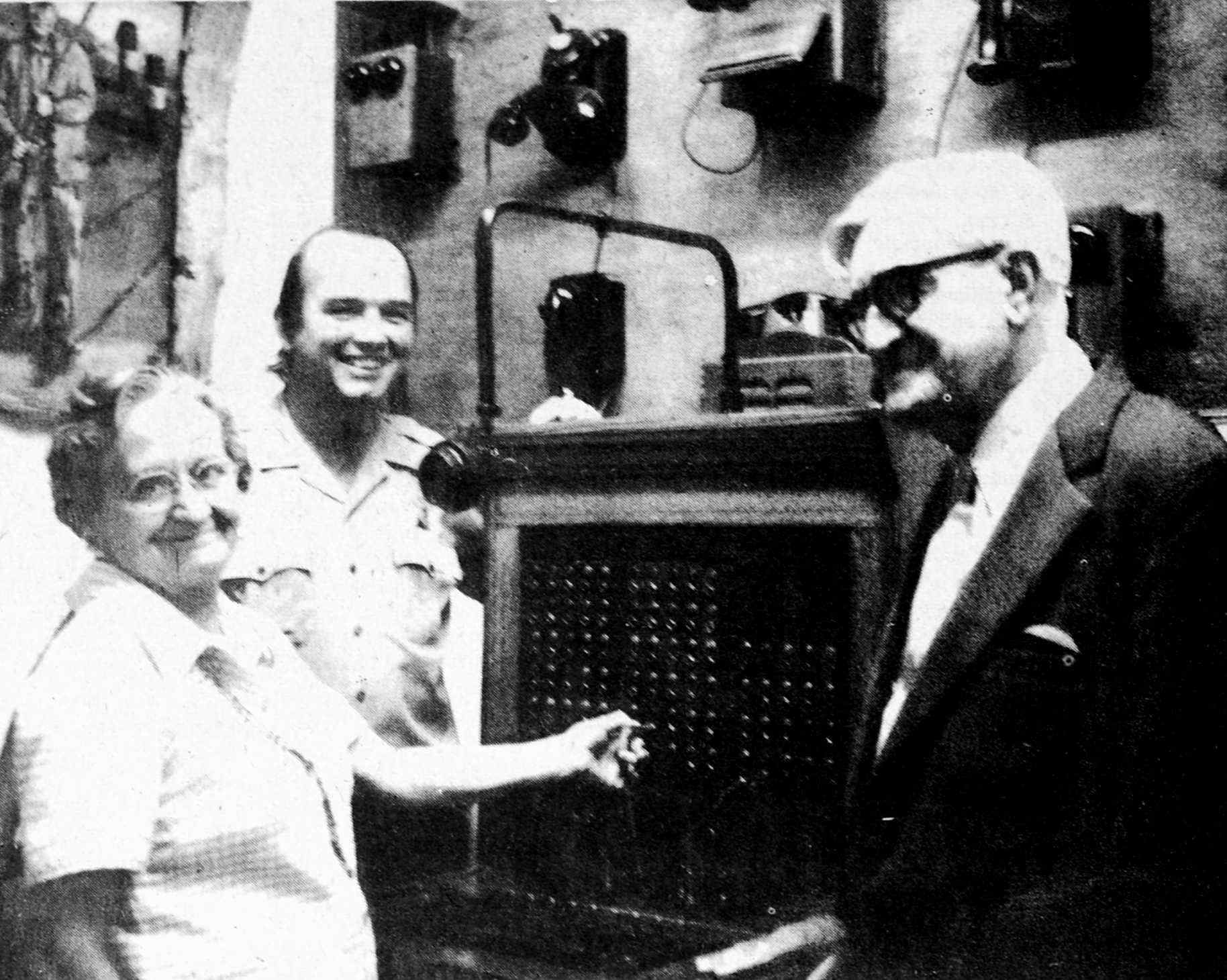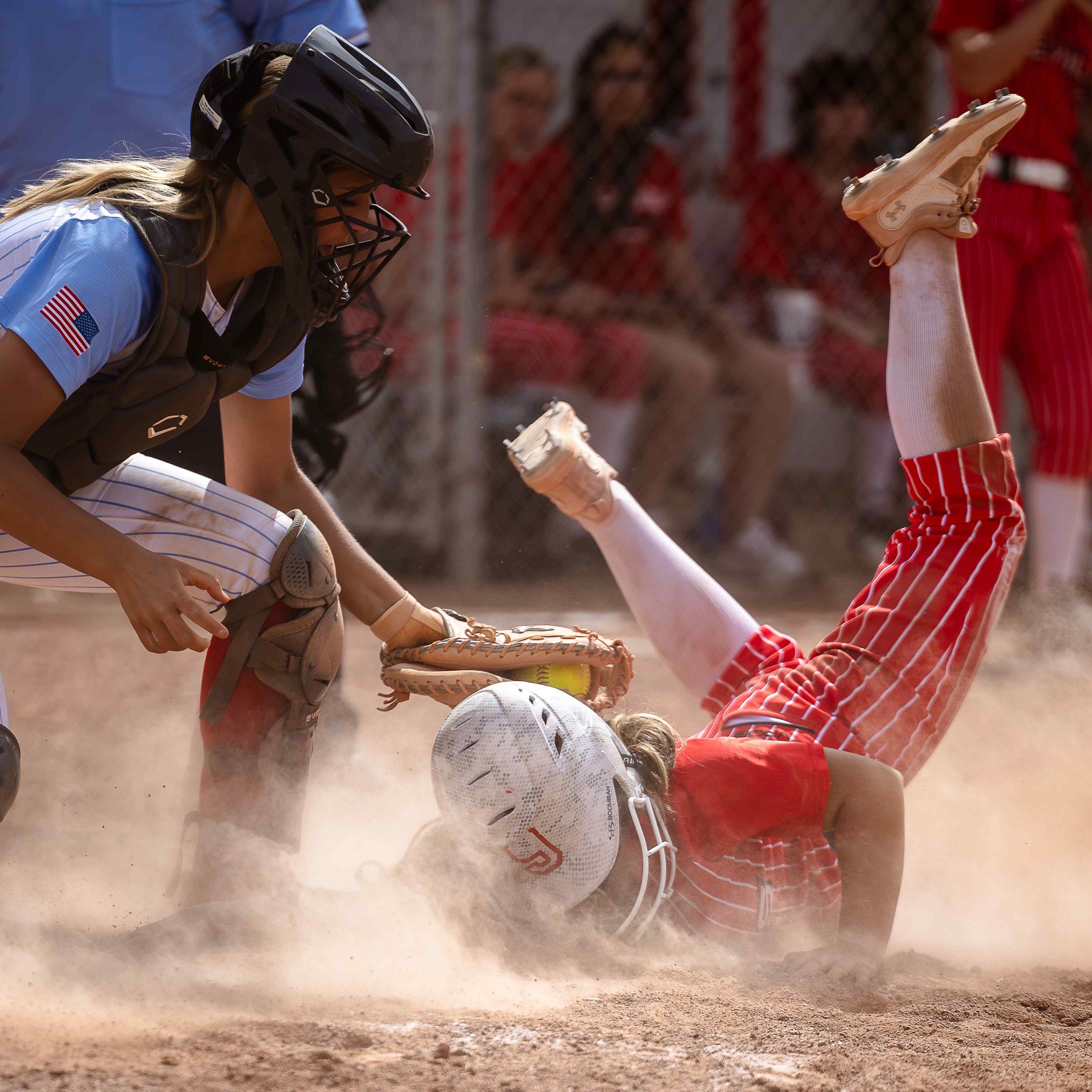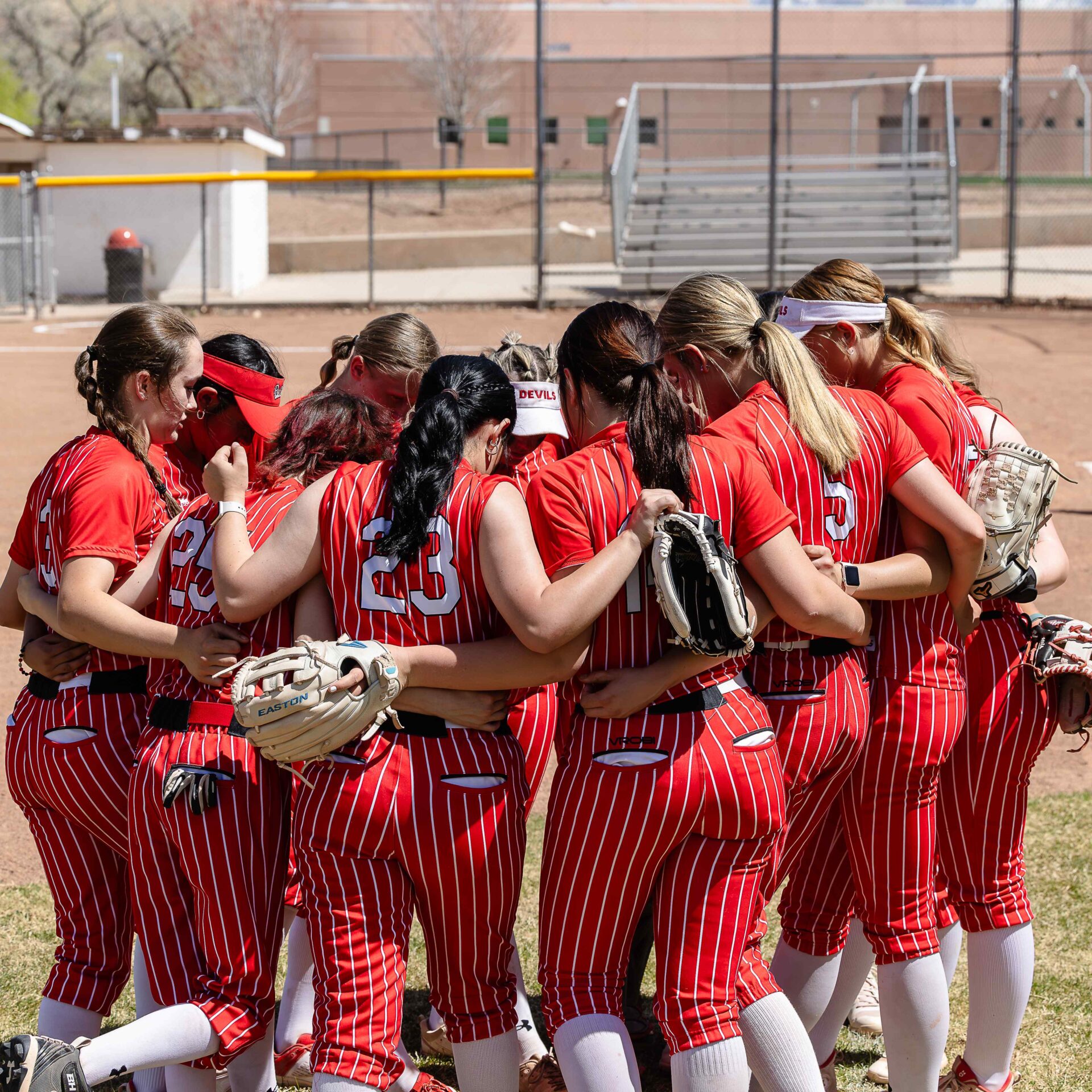The average person who rafts through Cataract Canyon faces numerous challenges that test their abilities, including 14 to 15 miles of whitewater rapids so intense that they have names like Satan’s Gut.
But for one recent group that ventured down the river together, the hardest part of their trip wasn’t the trip through Utah’s fiercest stretches of whitewater: It was saying goodbye to each other.
The STARS Warriors on Cataract trip united military veterans from across the country, and after nearly four days on the river, the bonds and connections they formed were so deep that had a difficult time parting ways.
“The last day was kind of tough on everybody,” Warriors on Cataract founder Fredrick Solheim said.
Solheim – a geophysicist from Boulder, Colorado – began to lead injured and disabled veterans on trips through Cataract Canyon in 2011 after he saw an alarming statistic: An estimated 8,000 U.S. military veterans take their lives each year. In comparison, just under 5,800 American soldiers died during Operation Enduring Freedom in Afghanistan and Operation Iraqi Freedom.
“It’s a sorry situation,” he said. “It’s a national embarrassment, I think.”
Funding and resources for returning soldiers have improved greatly since the Vietnam War era, according to Steamboat Adaptive Recreational Sports (STARS) client services and outreach coordinator Craig Kennedy.
But even so, Kennedy and Solheim agree that veterans often struggle to find help for post-traumatic stress disorder, traumatic injuries, substance abuse problems, depression and the frustrations of adjusting to civilian life, among many other challenges.
Solheim said he came up with the idea of the Colorado River trips as a venue that allows veterans to bond together and form their own support groups, with the hope that they’ll form lasting friendships and social ties.
“It’s got all the ingredients I could think of to help these guys heal,” Solheim said.
After four years of organizing – and funding – trips largely on his own, Solheim reached out to the Steamboat Springs, Colorado-based STARS organization for its assistance.
Kennedy first met Solheim a few years ago through a mutual friend in Steamboat Springs, and Solheim went on to help the group launch a wintertime recreational therapy program in the Colorado resort town.
“Fred’s got a really big heart, and he loves helping out veterans,” Kennedy said.
That working relationship is now well-established, and this year, Solheim signed a one-year contract with STARS for the Cataract Canyon trips.
Last weekend’s trip was one of four Cataract journeys that the STARS program led in May and June.
Through trial and error, Solheim has learned to divide each trip up into special groups.
The first trip of 2015, for instance, was reserved for elite special operations veterans, including two U.S. Air Force Pararescue vets. This week, a group of 18 female veterans will make the same trip, which begins at the Potash boat ramp and ends at a takeout on Lake Powell, about 100 river miles downstream.
When they’re out in the wild, the vets are disconnected from the digital world and surrounded by their fellow brothers and sisters in a setting where they feel like they can communicate openly with each other. According to Kennedy, that experience can be incredibly therapeutic.
“We really believe that there are other ways for these guys to heal, other than alcohol, recreational drugs and pharmaceuticals,” he said.
Legal pharmaceutical drugs in particular are often a short cut to treatment, he said, noting that recreational therapy has become an increasingly popular alternative to that approach.
“More and more (Veterans Administration) centers and VA hospitals in particular are spending more money, bolstering their recreational therapy programs, which tells you that this works,” Kennedy said.
After the most recent trip, Solheim heard firsthand accounts – as well as a therapist’s report – that the trip was the experience of a lifetime.
“Some of these guys slept through the night, which they hadn’t done in years,” he said.
In one case, he said, a veteran reported that his three-and-a-half days on the river were worth more than two years of traditional therapy that the VA offers.
Five years into the program, Solheim said he is hearing from more and more veterans who call or email to tell him that the trips they went on saved their lives.
“It’s so heartening,” he said. “It’s so rewarding to see the human bonding and the healing of these guys, and to hear back from them that they’re doing so much better.”
Kennedy said that some STARS program participants go on to become close personal friends; others are returning to serve as mentors to younger veterans.
In the past, Kennedy said that some participants would go through disturbing emotional lows following the incredible highs they experienced during their trips.
In response, STARS launched 12 different recreational therapy programs throughout the year, including a new mentor camp in Steamboat Springs.
“They wanted to fill in the calendar,” Solheim said. “They realized that these guys get post-river trip depression.”
Solheim and Kennedy both said that none of the programs would be possible without the support of numerous individuals, family members, groups and agencies.
The local Elks Lodge and VFW Post shuttled the group’s trailer from Hite Marina on Lake Powell all the way back to Moab, and both groups hosted a prime rib dinner the night that the veterans returned.
Best Western Plus Canyonlands Inn also offered the group a steep discount on its rooms, and was flexible with last-minute cancellations, according to Solheim.
Tag-A-Long Expeditions led the most recent tours at a fraction of the normal cost, and Solheim joked that the Moab outfitter’s guides fought for the chance to work from well before daybreak to after dark.
“Their guides are beyond wonderful,” Solheim said. “They love doing it, and they do a wonderful job.”
Other trip leaders included STARS operations director Ron Southworth, as well as program coordinator Tommy Moore and volunteer/ intern coordinator Stephanie Moore.
Although the group is no longer together, Kennedy and Solheim said they strive to ensure that everyone stays in touch with each other. If someone doesn’t have a cell phone or Internet service, Solheim said they’ll set that person up with both, one way or another.
“I think that getting them together and letting them form their own support groups is probably a big part of (the program’s success),” he said.
STARS Warriors on Cataract offers veterans tours down Colorado River
For more information, go to steamboatstars.com/index.php/programs/military.




